Eating Disorders Worksheets Results
Eating Disorder Assessment and Treatment Protocol - Minnesota
American Academy of Pediatrics (2010). Clinical Report – Identification and management of eating disorders in children and adolescents. Pediatrics, 111(1), 1240-1253. Academy of Eating Disorders (2011) Eating Disorders: Critical points for early recognition and medical risk management in the care of individuals with eating disorders, 2nd Edition.
https://url.theworksheets.com/3sk0290 Downloads
Preview and Download !


& Eating Disorders
Regularity of eating: Eating regularly increases your metabolic rate whereas having long periods without food will decrease it. This is due to the thermic effect of food. It is helpful to eat at regular intervals; roughly every 3-4 hours (see our handout Regular Eating for Recovery) Genes: Genes influence your resting
https://url.theworksheets.com/6f6x158 Downloads
Preview and Download !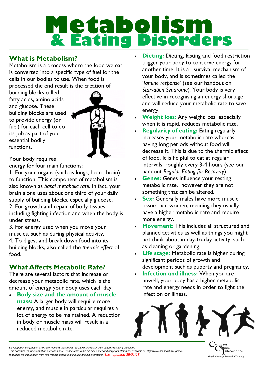


EDA Step Workbook - Eating Disorders Anonymous
EDA combines the 12 Steps' timeless wisdom with our growing knowledge about eating disorder recovery. Many biological, social, and psychological reasons come together in triggering an eating disorder. The exact combination of factors varies from person to person. Each recovery is unique; however there are perceptive distortions and self-defying
https://url.theworksheets.com/2z45166 Downloads
Preview and Download !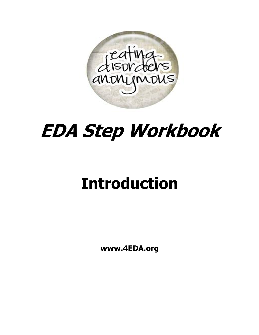
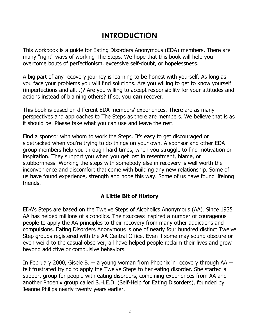
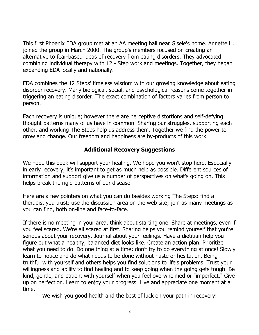
Teacher's Guide: Eating Disorders (Grades 9 to 12) - KidsHealth
Learn the physical effects of eating disorders Discuss help available to people with eating disorders Explore the roles of friends, family, teachers, and coaches in identifying and addressing eating disorders Materials: Pen or pencil and "Helping a Friend" handout, or computer word processing program and printer Class Time: 45 minutes Activity:
https://url.theworksheets.com/2xbe65 Downloads
Preview and Download !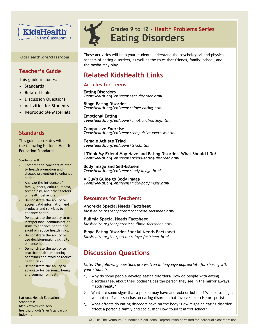
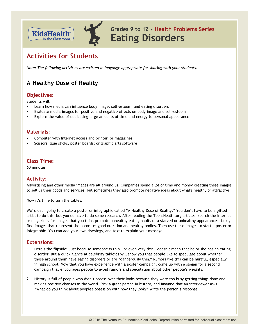
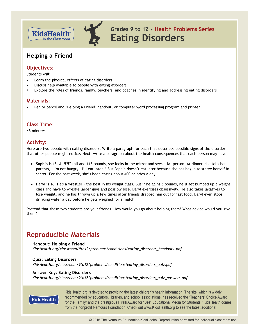
Tackling Avoided Foods - CCI
If you are experiencing an eating disorder it is likely that you feel uncomfortable or anxious about eating certain foods. You might worry that these foods will make you gain weight or you might fear losing control whilst eating them. You may have developed strict rules about eating particular foods or even avoid some foods altogether.
https://url.theworksheets.com/2z4494 Downloads
Preview and Download !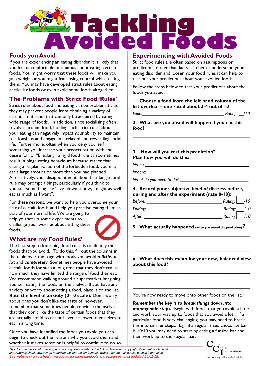
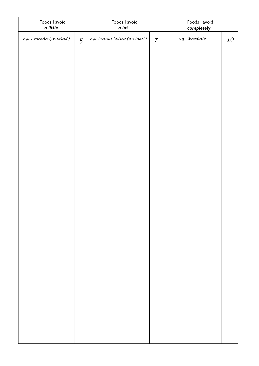

Tackling Avoided Foods - CCI
If you are experiencing an eating disorder it is likely that you feel uncomfortable or anxious about eating certain foods. You might worry that these foods will make you gain weight or you might fear losing control whilst eating them. You may have developed strict rules about eating particular foods or even avoid some foods altogether.
https://url.theworksheets.com/6f6z238 Downloads
Preview and Download !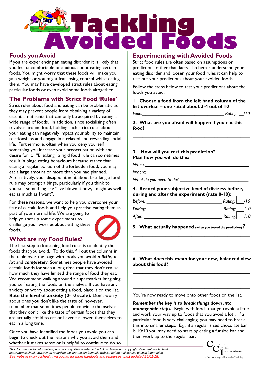
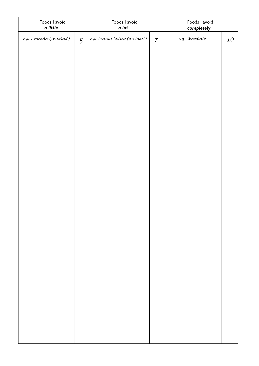

EDA Big Book Step Workshop Preparation for Step One
Please check off the different forms your eating disorder has taken: Anorexia Bulimia Exercise bulimia Orthorexia Binge eating disorder Other specified feeding or eating disorder (OSFED includes night eating disorder and pica) Compulsive eating Obsession with food, weight, body image, or exercise
https://url.theworksheets.com/20od86 Downloads
Preview and Download !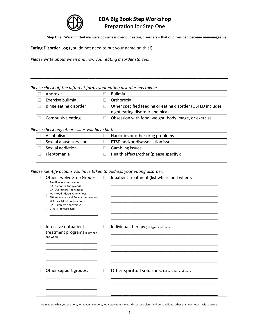
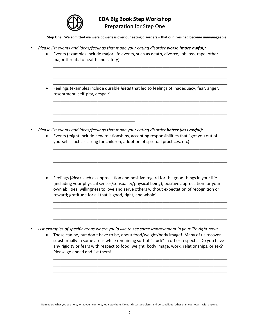
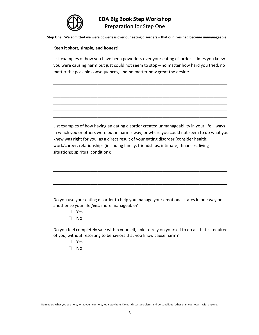
Intuitive Eating: Integrating Tools for Recovery - Cigna
and take risks with eating? 3. Recognition that the eating is not about weight or food, but something deeper Eating moves into a realm of self care 4. Ability to recognize and willingness to deal with feelings Once the client is able to identify and ap propriately cope with feelings, the need to act on eating disorder behaviors will decrease. 5.
https://url.theworksheets.com/9qh190 Downloads
Preview and Download !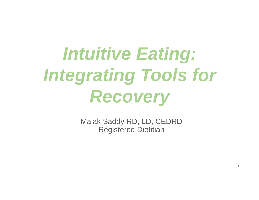
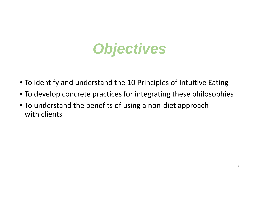
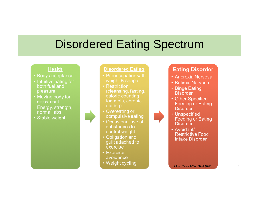
Self-Help for Body Image & Eating Disorders - Student Affairs
Structured Intuitive Eating & Recovery (Handout) Free Mindful Eating Checklist (Handout) Free Food and Symptom Diaries (Worksheet) Free Eating Disorder Resources and Tips for Parents Free Body Mass Index Table (Handout) Free National Eating Disorders Association Free Eating Disorder Referral and Information Center Free Academy for Eating Disorders
https://url.theworksheets.com/7fx298 Downloads
Preview and Download !


NEDA TOOLKIT for - National Eating Disorders
Eating disorders are not an illness Eating disorders are a complex medical/psychiatric illness. Eating disorders are classified as a mental illness in the American Psychiatric Association’s Diagnostic and Statistical Manual of Mental Health Disorders (DSM-IV), are considered to often have a biologic basis, and co-occur with other mental illness
https://url.theworksheets.com/2xba70 Downloads
Preview and Download !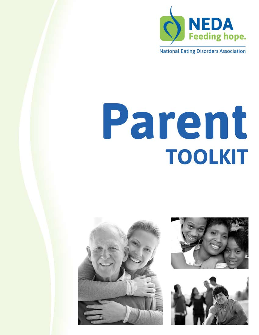
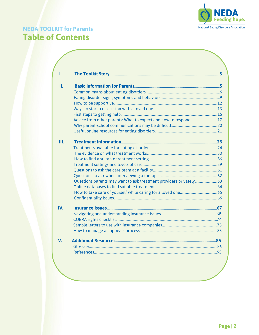
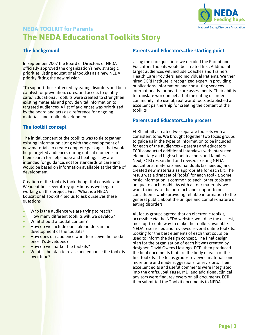
Next results >>